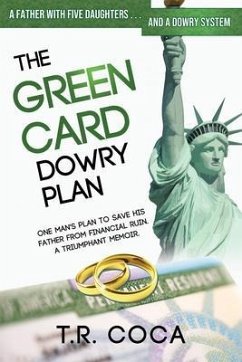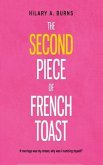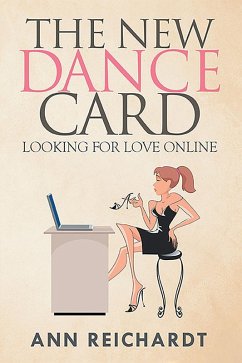At a time when the immigration laws in the United States and their abuse is being debated, I tell the story of how I used these laws for my family's benefit. Born into a family in India, I worked hard and earned an excellent education. With planning, I was lawfully admitted into this country as a student. I used the U.S. immigration laws to help my father of ten children, who included five girls, from becoming destitute.
This book is about the dowry system which still prevails in India. The dowry is a payment of wealth that is expected from the father in order to get his daughter married. The dowry is no small amount. Depending on the status, education and earning potential of the bridegroom the dowry could be astronomical. How does a father of five girls cope with the burdensome dowry?
I arrived under a university assistantship award to become a physicist. My goal was to obtain my doctorate, earn money as a physicist in the U.S. and then return to India to settle down. My original expectation was that my earning potential would help my father meet the dowry demands. However, this expectation soon collapsed. After earning my Ph.D., I was caught up in a U.S. recession and unable to find employment commensurate with my earning potential. This unexpected event reset my goal.
After working as a teacher, I made a dramatic change in my career to become a lawyer. My study of law combined with my foundation in physics opened up a new vista to address my goal to solve the dowry problem that my father faced.
This book tells how I devised a solution to help my father by lawfully using the immigration laws of the United States to reunite my family.
I qualified for my U.S. Green Card based on my scholastic accomplishments which paved the way to become an American citizen. I was able to sponsor my unmarried sisters to earn their Green Cards. I orchestrated their Green Cards as a currency for finding suitable husbands in India without paying dowry. The husbands then joined their new brides in the U.S. to live permanently as married couples.
Hinweis: Dieser Artikel kann nur an eine deutsche Lieferadresse ausgeliefert werden.
This book is about the dowry system which still prevails in India. The dowry is a payment of wealth that is expected from the father in order to get his daughter married. The dowry is no small amount. Depending on the status, education and earning potential of the bridegroom the dowry could be astronomical. How does a father of five girls cope with the burdensome dowry?
I arrived under a university assistantship award to become a physicist. My goal was to obtain my doctorate, earn money as a physicist in the U.S. and then return to India to settle down. My original expectation was that my earning potential would help my father meet the dowry demands. However, this expectation soon collapsed. After earning my Ph.D., I was caught up in a U.S. recession and unable to find employment commensurate with my earning potential. This unexpected event reset my goal.
After working as a teacher, I made a dramatic change in my career to become a lawyer. My study of law combined with my foundation in physics opened up a new vista to address my goal to solve the dowry problem that my father faced.
This book tells how I devised a solution to help my father by lawfully using the immigration laws of the United States to reunite my family.
I qualified for my U.S. Green Card based on my scholastic accomplishments which paved the way to become an American citizen. I was able to sponsor my unmarried sisters to earn their Green Cards. I orchestrated their Green Cards as a currency for finding suitable husbands in India without paying dowry. The husbands then joined their new brides in the U.S. to live permanently as married couples.
Dieser Download kann aus rechtlichen Gründen nur mit Rechnungsadresse in A, D ausgeliefert werden.
Hinweis: Dieser Artikel kann nur an eine deutsche Lieferadresse ausgeliefert werden.









